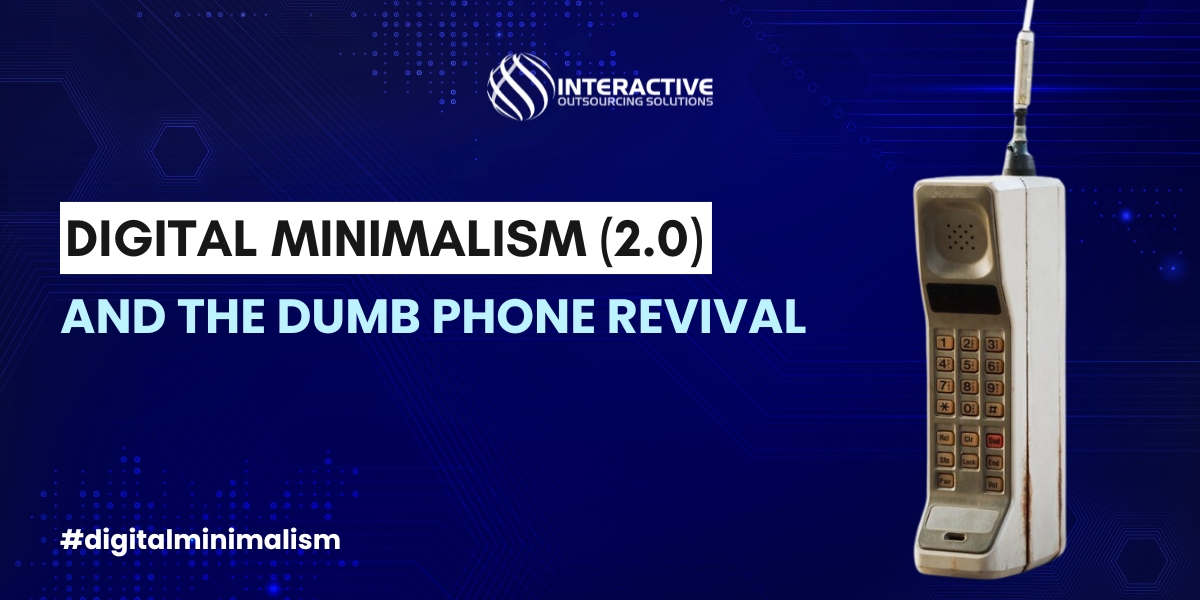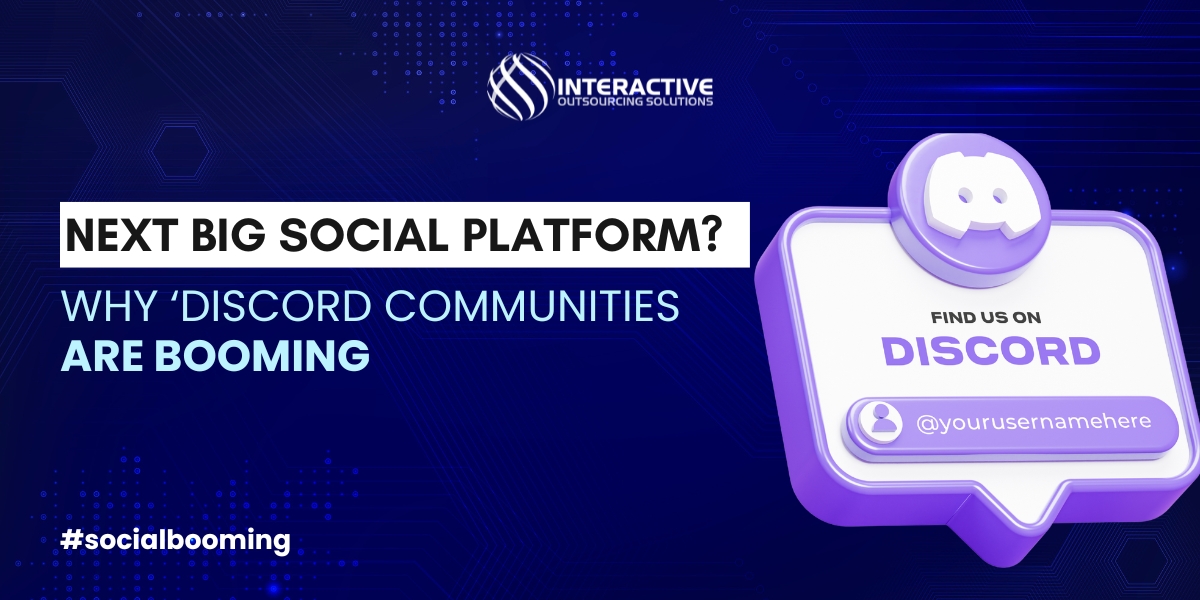Share
In a world where we’re always just a tap away from another notification, there’s a growing group of people saying “no thanks” to the endless scroll. They are choosing digital minimalism. This is where the dumbphone vs smartphone debate starts to get interesting. For many, trading in feature-heavy smartphones for simpler, stripped-down devices isn’t just a nostalgic move, it’s a lifestyle shift, and part of what we’re calling Digital Minimalism 2.0.
This isn’t about ditching technology altogether. It’s more about taking control of how we use it. Dumb phones, or feature phones, don’t offer social media apps, flashy cameras, or constant internet access. And for many, that’s exactly the appeal. A digital detox with dumbphones helps people unplug from the noise and re-engage with the real world.
Where It All Started
This shift didn’t come out of nowhere. The late 2010s saw a rise in something called digital minimalism, a mindset focused on using tech more intentionally. Think of it like decluttering your digital life, the same way you might clean out your closet. One of the key voices behind this was Cal Newport, author of Digital Minimalism, who encouraged people to step back from screens to reconnect with what really matters.
As digital overwhelm grew, so did the interest in alternatives. That’s when “why people are switching to dumbphones” became a question more and more people started asking. A few celebrities even jumped on board early. Ed Sheeran and fashion designer Tom Ford were among the first to ditch their smartphones for simpler devices. They wanted to cut down on distractions, stop chasing notifications, and actually enjoy the present moment.
Why People Are Making the Switch
So, what’s driving people to give up their highly connected devices?
Less Screen Time: A major reason is the urge to unplug. Phones like the Light Phone and Punkt’s MP01 are intentionally built to do less. No social media. No endless feeds. Just call, text, and maybe set an alarm. They’re the ultimate tools for a digital detox with dumbphones.
Better Mental Health: Studies have shown that too much screen time can lead to stress, anxiety, and even sleep issues. People using dumb phones often say they feel calmer and more in control. This growing realization is what’s leading many to explore the mental health benefits of dumbphones.
More Focus, Fewer Distractions: Without apps constantly pulling your attention, it becomes easier to stay focused. Whether it’s at work or during dinner with family, being present is a lot simpler without the buzz of notifications.
Real Conversations: Instead of liking someone’s post or replying with an emoji, dumb phones encourage actual conversations, whether that’s over the phone or face to face.
Environmental Impact: There’s also a sustainability angle. Since dumb phones don’t need frequent upgrades and have fewer components, they produce less electronic waste. Some companies like Fairphone even make eco-friendly versions.
How to Quit Smartphones for Dumbphones
Making the switch doesn’t have to be all or nothing. In fact, most people ease into it gradually, and that’s the smart way to do it. If you’re wondering how to quit smartphones for dumbphones, start by identifying what you actually use your phone for daily. Is it mostly communication? Music? Navigation?
Once you’ve narrowed that down, test the waters by using a dumbphone part-time. Keep your smartphone at home for weekends or evenings. Or try switching to a minimalist phone during work hours to help boost focus and digital detox with dumbphones.
There are even apps designed to help you wean off your smartphone habits. Tools like Digital Wellbeing or Screen Time can monitor usage and reduce screen addiction. Some people also set up their smartphones to act more like dumbphones, disabling apps, turning on grayscale, or removing social media. This is a great start for those exploring the mental health benefits of dumbphones.
Eventually, you might find that you don’t miss your old device much at all. The shift is more about mindset than the phone itself. For many, it’s all about regaining control over the endless distractions of social media and notifications. In the long run, many discover that dumbphones vs smartphones isn’t about comparison, it’s about quality of life.
Conclusion – Reclaiming Your Time and Mind
At its core, digital minimalism isn’t anti-tech; it’s about being in charge of how we use it. Whether it’s choosing a simpler device, cutting back on screen time, or just being more mindful, the movement toward dumbphones is gaining real traction for good reason.
The mental health benefits of dumbphones, the increased focus, and the peace of a digital detox with dumbphones are just a few of the reasons why people are switching to dumbphones. It’s not about going backward. It’s about moving forward with intention, focusing on a more peaceful, mindful life.
And no, it’s not for everyone. But for many, trading in the endless scroll for a simpler, quieter digital life is the upgrade they didn’t know they needed. Whether you’re easing into the transition or jumping in headfirst, making mindful tech choices is an empowering step toward reclaiming your time and mental clarity.
FAQs
1. What are the mental health benefits of dumbphones?
Embracing Digital Minimalism with a dumbphone helps reduce stress, improve sleep, and enhance focus. With fewer distractions, you’ll find yourself feeling calmer and more in control of your mental well-being.
2. How can I transition from a smartphone to a dumbphone?
Start small with Digital Minimalism by using a dumbphone part-time. You can leave your smartphone at home during certain hours or weekends and monitor your screen time to gradually adjust.
3. Why are people switching to dumbphones in 2025?
In 2025, more people are embracing Digital Minimalism by choosing dumbphones to disconnect from constant distractions. This shift promotes better mental health, focus, and intentional use of technology.





